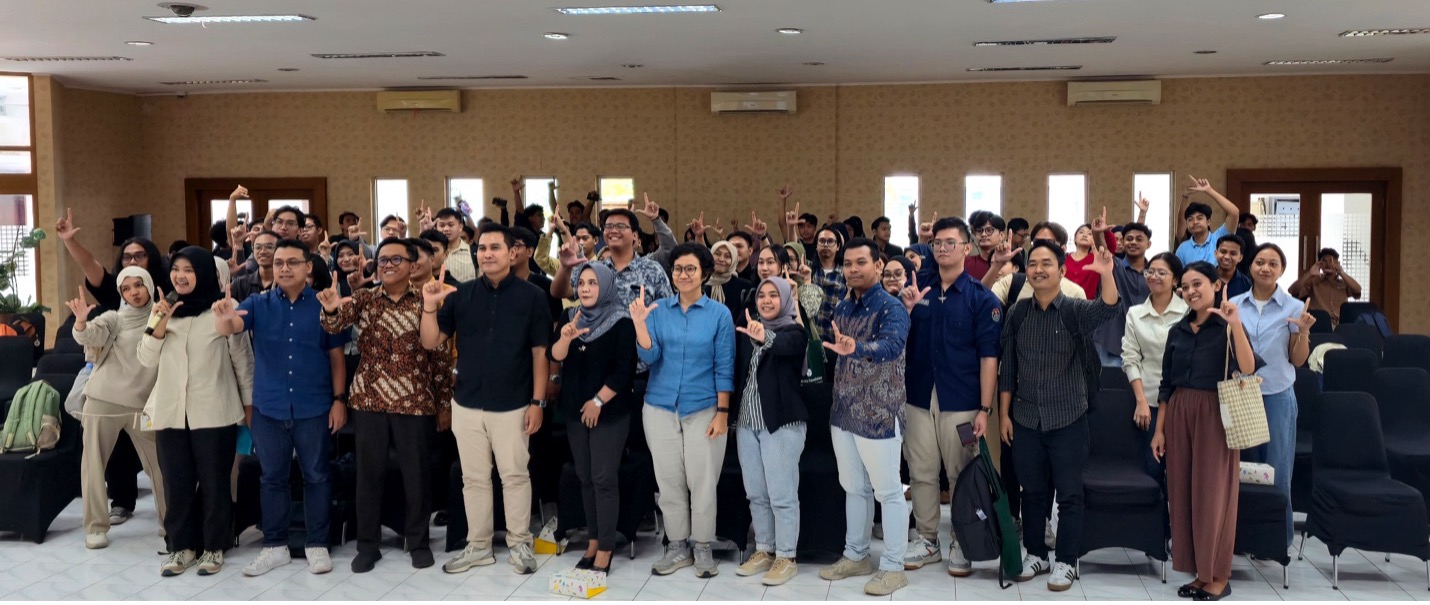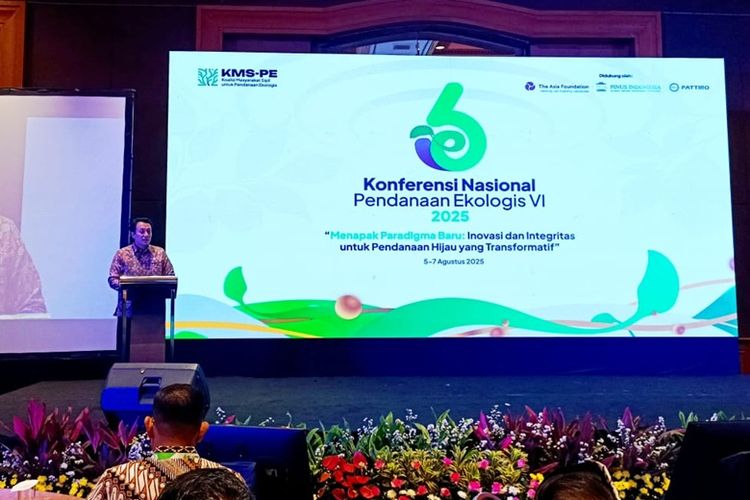
Technology developments to support research work are accelerating. Not only do we need to be updated on the content of our research, but we need to be updated on the analytical tools we use to conduct our research. It aims to ensure that our research is not outdated.
One of the technologies to support the analysis of research results is NVivo. It is a software that can help qualitative researchers to categorize data in qualitative research. The categorization helps qualitative researchers to generate patterns so that researchers can identify data trends that emerge in the research. Therefore, PATTIRO held a workshop on Qualitative Data Processing Using NVivo for PATTIRO team. This workshop was held in collaboration with Ebizmark on Tuesday, March 14, 2023, to Wednesday, March 15, 2023. This workshop was made possible through the support of IDRC and OAK Foundation.
NVivo is intended to assist qualitative researchers in organizing research data in the field. By mastering NVivo, it is expected that researchers can more easily do research and the results of the analysis can be better recorded so that they can be more easily responsible.
However, Annisa Seminar Utami, Ebizmark Trainer, stated that in qualitative research, the most important research instrument is the researcher himself. “Researchers must prepare themselves better,” she said. Therefore, she explained that qualitative researchers must have curiosity, be sensitive to the data that has been obtained, prioritize the voice of informants, have good ethics, and have responsibility for data and field findings. “NVivo is just a tool, not a substitute or replacement for the researcher’s thoughts,” she added.
The workshop explored the features in NVivo that are very useful for organizing qualitative data. To obtain quality processed data, researchers need to prepare quality verbatim transcripts of respondent interviews. It should be raw data from interviews with respondents, not the results of the researcher’s interpretation.
After having quality interview transcript data, qualitative researchers need to have basic skills in operating NVivo, namely coding. It is useful to make it easier for qualitative researchers to categorize and organize data, both by using NVivo and manually.
Annisa shared tips for coding in NVivo, such as researchers can use descriptive, emotion, process, value, and evaluation coding types; researchers should get used to doing two or more types of coding on one statement or context; researchers need to check the context of each statement because there is no definite amount of coding; researchers use concepts mentioned by informants to provide labels in coding; and researchers must understand that the coding process is not linear.
Annisa also pointed out that the coding process should not refer to the research concept, but rather be oriented towards the concepts mentioned by the informants. This is important because it avoids matching data to theory, makes researchers closer to the realities in the field, and encourages researchers to find uniqueness or novelty in research.
According to Adi Khisbul Wathon, one of the PATTIRO team who participated in this workshop, the workshop was very enjoyable and opened his insights regarding the use of NVivo as an analytical tool that helps qualitative research. “It takes time and concrete practice to become more proficient in operating NVivo to help work on qualitative research,” Adi said.
Meanwhile, according to Eva Nurcahyani, a PATTIRO team who also attended the Qualitative Data Processing Workshop Using NVivo, this activity was useful for her who was also involved in working on research at PATTIRO. “The ability to operate NVivo in qualitative research is needed in the professional realm so that our research can be more credible,” Eva said.




